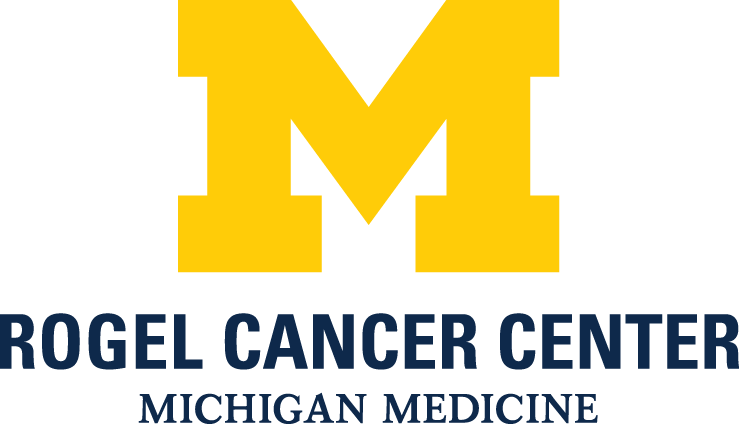
Dr Vaishampayan on the Rationale For the SWOG-1931/PROBE Trial in Advanced RCC

Ulka Nitin Vaishampayan, MBBS, discusses the rationale for conducting the phase 3 SWOG 1931 trial in patients with advanced renal cell carcinoma.
Ulka Nitin Vaishampayan, MBBS, director, the Phase I Program at Rogel Cancer Center, professor, internal medicine, University of Michigan, discusses the rationale for conducting the phase 3 SWOG 1931 trial (NCT04510597) in patients with advanced renal cell carcinoma (RCC).
Vaishampayan begins by stating that she presented the rationale and design of the SWOG 1931 trial, also known as the PROBE study, at the 2023 International Kidney Cancer Symposium (IKCS). This trial will examine the role of cytoreductive nephrectomy vs continuation of systemic therapy alone in patients with advanced RCC, she states. With the recent advancements in systemic therapy for patients with RCC, the necessity of cytoreductive nephrectomy remains inconclusive. Findings from previous studies, such as the phase 3 CARMENA study (NCT00930033), indicated that in the context of VEGF/TKI therapy, radical nephrectomy did not significantly impact overall patient outcomes, Vaishampayan explains.
A dilemma arises in the era of immune checkpoint–based therapy regarding whether cytoreductive nephrectomy still holds relevance, she says. It is known that patients with synchronous metastatic disease fare worse than those who undergo nephrectomy and later develop metastases, Vaishampayan notes. However, the patient population simultaneously presenting with primary tumors and metastases has not been extensively studied, as clinical trials predominantly include post-nephrectomy patients, she notes.
Data from the phase 3 CheckMate 214 trial (NCT02231749) with ipilimumab (Yervoy) and nivolumab (Opdivo) showed reduced median overall survival in patients with advanced RCC who did not undergo nephrectomy compared with the overall study population, Vaishampayan expands. This finding underscores the need for focused research and tailored strategies to improve outcomes in this specific patient subgroup.
Because neoadjuvant immune-based regimens followed by primary tumor removal have shown promise in preclinical RCC settings, investigators continue to initiate phase 3 trials to assess the benefit of these approaches. It is importance to note that the current standard of care for patients with advanced RCC is continuation of systemic therapy without cytoreductive nephrectomy, Vaishampayan concludes.






































